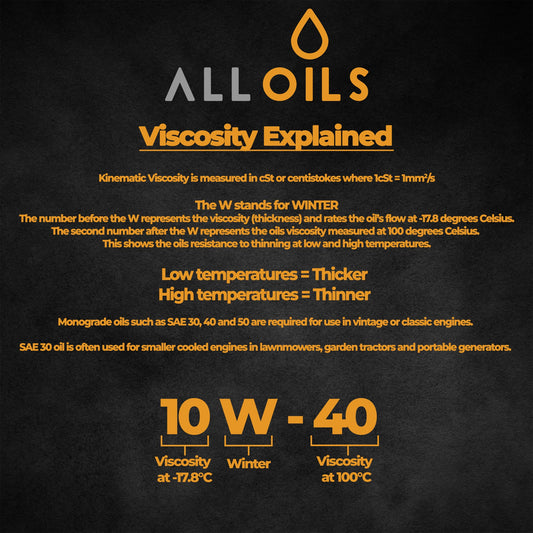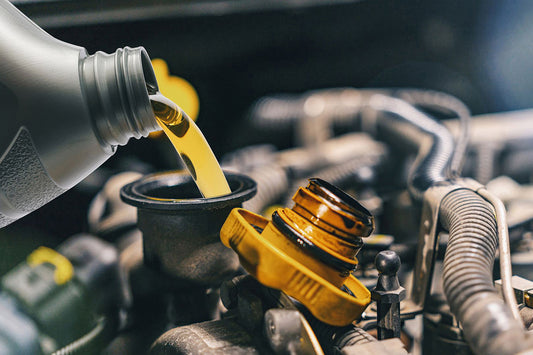News & Blog

Viscosities Explained Video Form
This video will explain viscosity in the oil industry.
Viscosities Explained Video Form
This video will explain viscosity in the oil industry.

Different ACEA Specs and Their Application
ACEA Specifications explained for; A/B Class: Gasoline and diesel engine oils – ‘High SAPS’ C Class: Catalyst and GPF/DPF compatible engine oils for gasoline and diesel engines – ‘Low SAPS’...
Different ACEA Specs and Their Application
ACEA Specifications explained for; A/B Class: Gasoline and diesel engine oils – ‘High SAPS’ C Class: Catalyst and GPF/DPF compatible engine oils for gasoline and diesel engines – ‘Low SAPS’...

Understanding oil viscosity grades
The W stands for WINTER, this is commonly mistaken by many who consider this to stand for Weight. The number before the W represents the viscosity (thickness) and rates the...
Understanding oil viscosity grades
The W stands for WINTER, this is commonly mistaken by many who consider this to stand for Weight. The number before the W represents the viscosity (thickness) and rates the...

How to dispose of engine oil safely and legally
Engine oil should be kept in a sealed, suitable container and kept separate from other waste before being disposed. Do not mix the oil with other substances as this will...
How to dispose of engine oil safely and legally
Engine oil should be kept in a sealed, suitable container and kept separate from other waste before being disposed. Do not mix the oil with other substances as this will...

AdBlue consumption guide for all vehicles
The amount that your car requires depends on engine size, how you drive and the size of the AdBlue tank. Check your cars manual for a specific answer on how...
AdBlue consumption guide for all vehicles
The amount that your car requires depends on engine size, how you drive and the size of the AdBlue tank. Check your cars manual for a specific answer on how...

Things to consider when choosing an Engine Oil
Engine oil is the most essential fluid in your vehicle. It decreases friction, lubricates engine components, and lessens wear and tear. Additionally, it possesses significant cooling and detergent qualities.
Things to consider when choosing an Engine Oil
Engine oil is the most essential fluid in your vehicle. It decreases friction, lubricates engine components, and lessens wear and tear. Additionally, it possesses significant cooling and detergent qualities.
